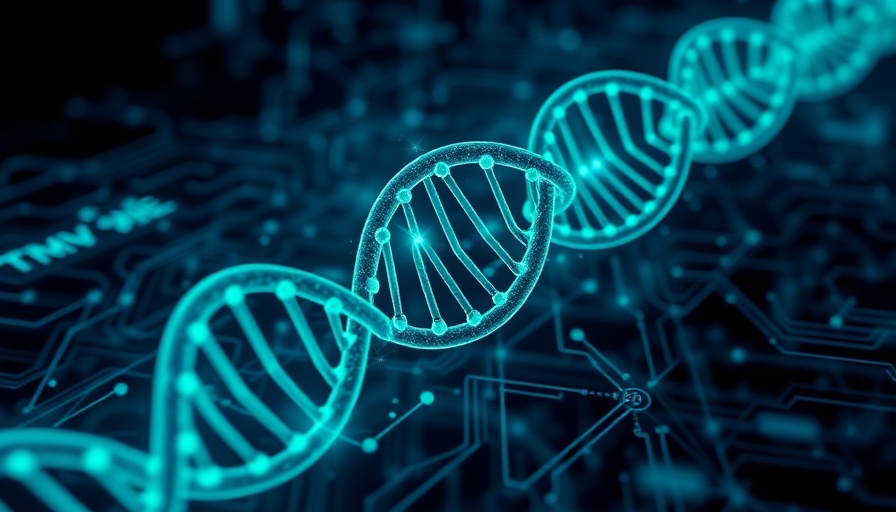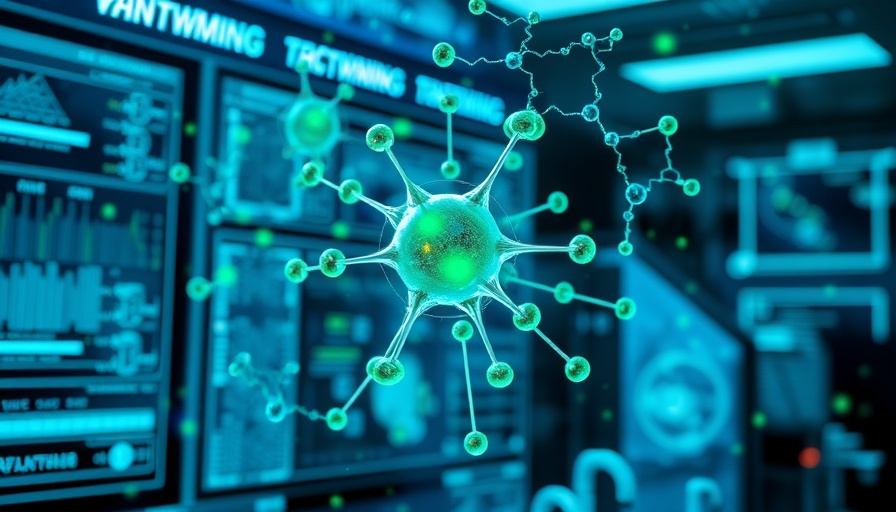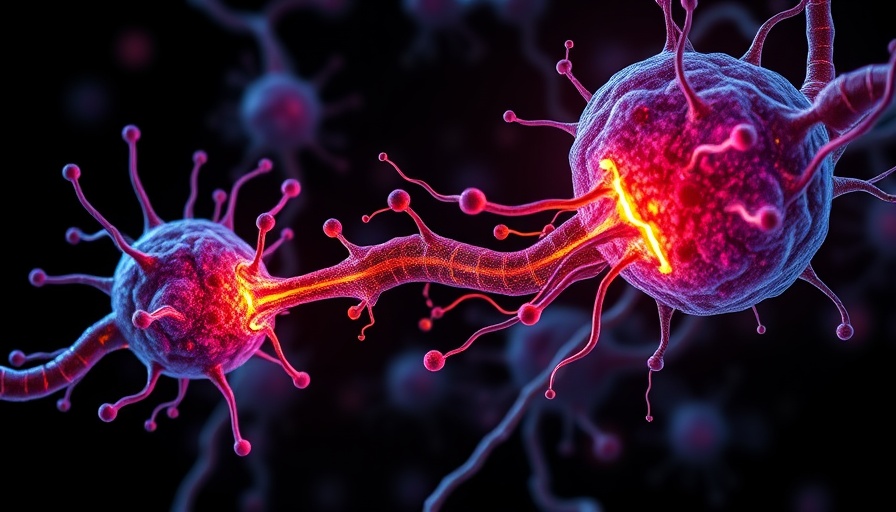
Understanding the New Threat: DNA Hacking
In a groundbreaking study from the University of Portsmouth, researchers are sounding the alarm on the emerging dangers of DNA hacking, particularly through next-generation DNA sequencing (NGS). This innovative technology has transformed many aspects of healthcare and science, allowing for advancements in personalized medicines and cancer treatment. However, as the study illustrates, the same technology that fuels progress also opens the door to cyber threats that could have profound implications.
Why Is Our DNA So Vulnerable?
Next-generation DNA sequencing enables quick and affordable sequencing of DNA and RNA, often resulting in massive datasets stored online. The research identifies multiple layers of vulnerability within the NGS process, from sample collection to data interpretation. Experts warn that cybercriminals could exploit these vulnerabilities to conduct surveillance or manipulate genomic data for malicious purposes.
A Call to Action: Protecting Our Genomic Data
Dr. Nasreen Anjum, the lead researcher, insists that genomic security extends far beyond traditional data encryption. “We need to shift our perspective on biosecurity,” she says. The consequences of a breach could affect not only individuals but potentially compromise scientific integrity and national security.
Future Risks and The Need for Awareness
The study suggests that the proliferation of synthetic DNA-encoded malware and AI techniques to manipulate genetic information could lead to significant privacy infringements. As the technology evolves, so do the methods employed by those with malicious intent. Therefore, understanding these risks becomes essential for advancing health research responsibly.
Taking Steps Toward Improved Biosecurity
This research pushes for a collective effort to strengthen cyber-biosecurity frameworks. By anticipating future threats, stakeholders within the genomic research community can protect sensitive data and maintain the integrity of their findings. As threats evolve, so too must our strategies for safeguarding personal health information.
 Add Row
Add Row  Add
Add 




 Add Row
Add Row  Add
Add 


Write A Comment